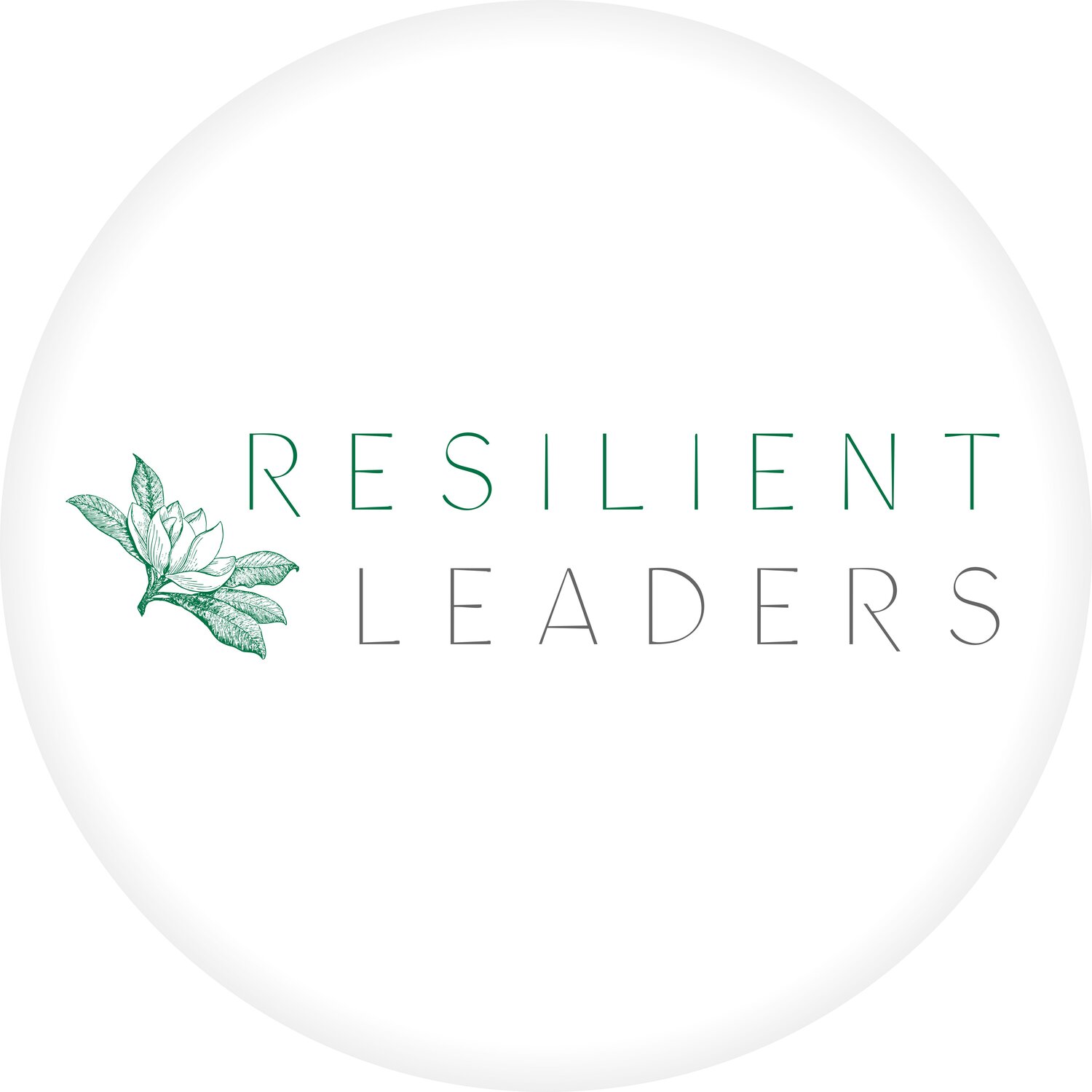Boost Resilience: 12 Work Activities for Navigating New Processes & Procedures | Tips from James Clear's Atomic Habits
When starting a new process or procedure at work, adjusting and navigating through the changes can be challenging. This period of transition requires resilience, which is the ability to bounce back from setbacks and adapt to changes effectively.
Your Goals X Atomic Habits
Here are twelve work activities that can help boost resilience when navigating a new process and procedure, including tips from James Clear's book on atomic habits.
Set clear goals: Set goals for the new process and procedure. This will help you stay focused and motivated throughout the transition. James Clear emphasizes the importance of setting specific and measurable goals to create a clear path toward success.
Prioritize tasks: Determine the most critical studies to complete daily to stay on track and progress toward your goals. James Clear suggests focusing on the essential functions early in the day to avoid procrastination and maintain momentum.
Create a routine: Establish a routine that includes time for planning, breaks, and self-care. According to James Clear, a routine helps establish good habits and reduces decision fatigue.
Seek support: Connect with colleagues, mentors, or a coach to gain help and advice during the transition. James Clear suggests seeking accountability partners who can provide encouragement and feedback.
Stay positive: Keep a positive mindset and focus on opportunities instead of challenges. James Clear emphasizes the importance of positive self-talk and visualization to maintain a positive attitude.
Celebrate small wins: Acknowledge and celebrate small successes along the way. James Clear emphasizes tracking progress and marking milestones to stay motivated and build momentum.
Practice self-care: Take care of your physical and mental health by getting enough sleep, eating well, and exercising regularly. James Clear suggests starting with small habits, such as a ten-minute daily walk, to build a sustainable self-care routine.
Learn continuously: Seek opportunities to learn and improve your skills. James Clear emphasizes the importance of continuous learning to build knowledge and confidence.
Take breaks: Take breaks to recharge and avoid burnout. James Clear suggests taking breaks every 90 minutes to stay productive and maintain focus.
Embrace failure: Embrace failure as an opportunity to learn and grow. James Clear emphasizes reframing failure as a chance to experiment and improve.
Practice mindfulness: Practice mindfulness techniques such as meditation, deep breathing, or yoga to reduce stress and increase focus. James Clear suggests incorporating mindfulness into your daily routine to build resilience and reduce distractions.
Stay adaptable: Stay open to changes and adapt as needed. James Clear emphasizes the importance of flexibility and resilience in navigating change and achieving success.
In conclusion, navigating a new process and procedure can be challenging, but building resilience can help you overcome setbacks and adapt effectively. By setting clear goals, prioritizing tasks, creating a routine, seeking support, staying positive, celebrating small wins, practicing self-care, learning continuously, taking breaks, embracing failure, practicing mindfulness, and staying adaptable, you can boost your resilience and thrive in any work environment.


